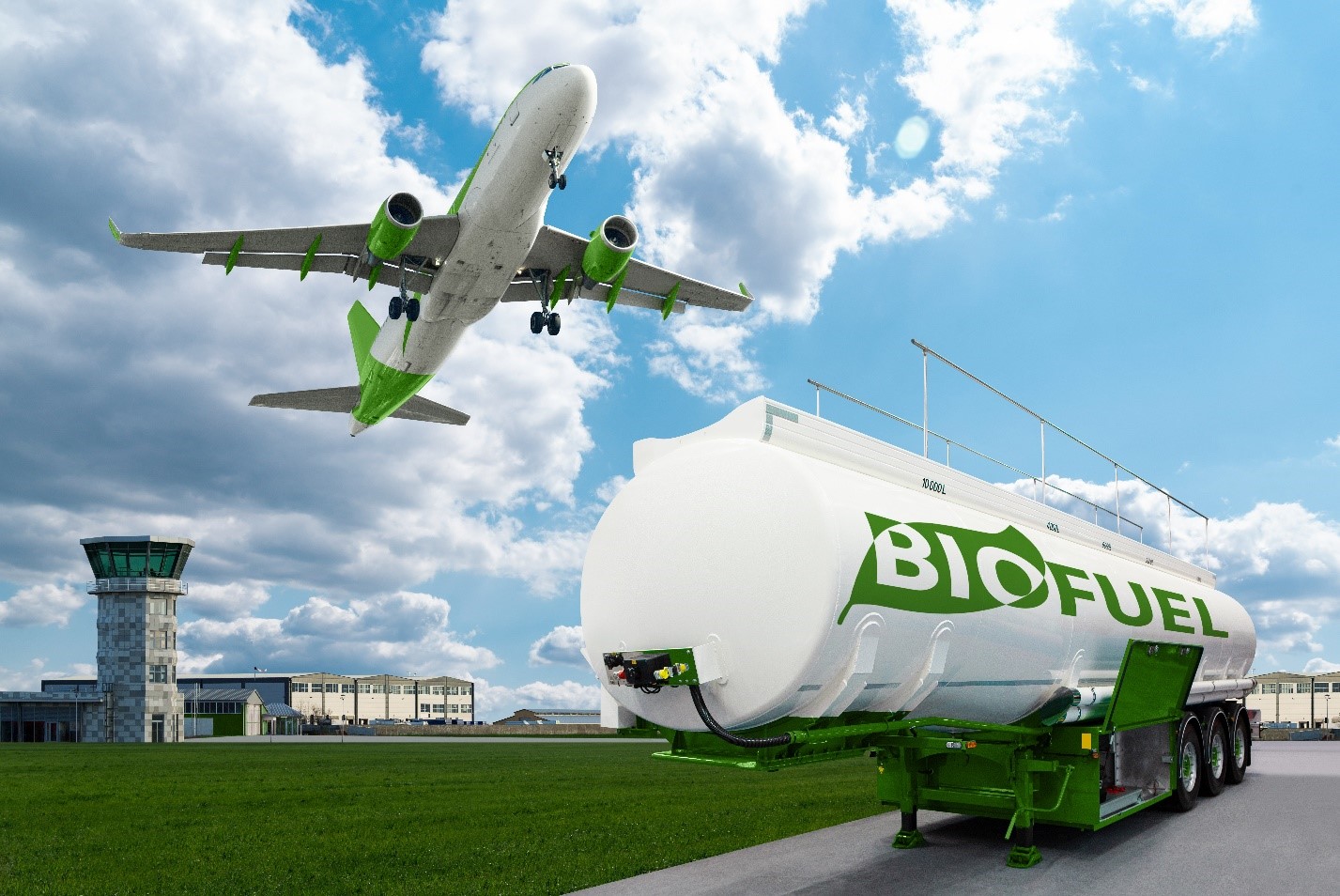
Innovation for Sustainable Aviation Fuels is one of four initiatives of the MI Platform’s COLLABORATE Module, co-led by Sangita M Kasture of India and Mark Shmorhun of the U.S.A. The initiative aims to forge global partnerships for sustainable and cost-effective strategies for Sustainable Aviation Fuels. This will be achieved by convening a global research and innovation community on Sustainable Aviation Fuels with a shared and prioritized innovation agenda and dedicated working groups, facilitating research and innovation collaborations, and accelerating private investment for global impact. Additionally, the community will participate in information sharing and outreach to a global audience by developing a repository for information on cutting-edge innovation topics and disseminating information about the challenges and opportunities associated with Sustainable Aviation Fuels.
What are the most significant challenges in this field over the next decade?
Constraints to introducing Sustainable Aviation Fuels include feedstock sustainability and supply readiness, high costs and funding sustainability, policy incentives, fuel consistency and infrastructure, and funding for public-private research and scale-up.
On the flipside, drivers for Sustainable Aviation Fuels include the need for reducing greenhouse gas emissions, oil price fluctuations and fuel insecurity, carbon price and incentives, lack of alternative and cost-competitive technologies, a new growth market for biofuels, and green job creation. It is important to recognize both the issues and drivers when defining roles and responsibilities to properly motivate, commit to, and coordinate actions to foster innovations in Sustainable Aviation Fuels.
How will the Innovation Community drive collaboration to achieve its aims?
The Innovation Community will engage in various types of innovations for a variety of purposes, including researching technologies, implementing business models, setting priorities, and identifying specific innovation needs through deep-dive workshops, reports, and innovation roadmaps. The Community will develop a repository to house current libraries, databases, and information, and will leverage IC4’s work in the field of sustainable biofuels from the first phase of Mission Innovation to have a far-reaching impact.
Collaboration efforts will also include establishing relationships with other organisations and bringing stakeholders together for information sharing on research and development goals and progress, success stories, and best practices. The Innovation Community will take a cross-cutting approach in assisting the Integrated Biorefineries, Zero-Emission Shipping, and Clean Hydrogen Missions, as well as in supporting the development of national Sustainable Aviation Fuels plans. A large part of this work involves disseminating the challenges and opportunities of Sustainable Aviation Fuels.
What are the best examples of innovation and/or collaboration happening today?
The transition to a low-carbon economy is contingent upon overcoming current obstacles and sending the appropriate signals to innovators and financiers within a market structure that is conducive to innovation. Therefore, government intervention is critical to establishing sustainable markets for low-carbon technologies, funding gaps in research, development, and demonstration, establishing the necessary infrastructure, and encouraging international collaboration. The following are some successful case studies for the development and deployment of Sustainable Aviation Fuels.
India:
- Pilot Plant: More than 9,100 litres (approximately 2,400 US gallons) of biojet-fuel have been produced and used for one civilian demonstration flight and multiple military flights.
Netherlands:
- TRANSCEND (2019-22): The Clean Sky 2 TRANSCEND (Technology Review of Alternative and Novel Sources of Clean Energy with Next-generation Drivetrains) Coordination and Support Action identifies what alternative energy sources for aviation and novel aircraft propulsion can contribute to mitigating climate change and achieving the environmental goals for 2050. Roadmaps for alternative energy sources and novel propulsion towards 2050 will also be developed.
United States:
- Farm to Fly Initiative: The initiative aims to support the future construction or retrofit of multiple domestic commercial- or precommercial-scale production facilities to produce alternative fuels, including Sustainable Aviation Fuels. The initiative has brought together the United States aviation community, government stakeholders, and four federal executive departments
European Union:
- European Advanced Biofuels Flightpath: Bringing sustainably generated biofuels to market faster by building advanced biofuels production plants and encouraging the aviation industry to use them.
How can people get involved with this Innovation Community?
The Innovation Community can initiate a new process of collaboration between the various stakeholders through an open, inclusive, transparent, accountable, and “bottom-up” approach. Some possible activities include forming an advisory or steering committee, holding roundtable meetings, hosting consensus-building workshops or webinars, conducting surveys or focus groups, and creating a sectoral coalition.